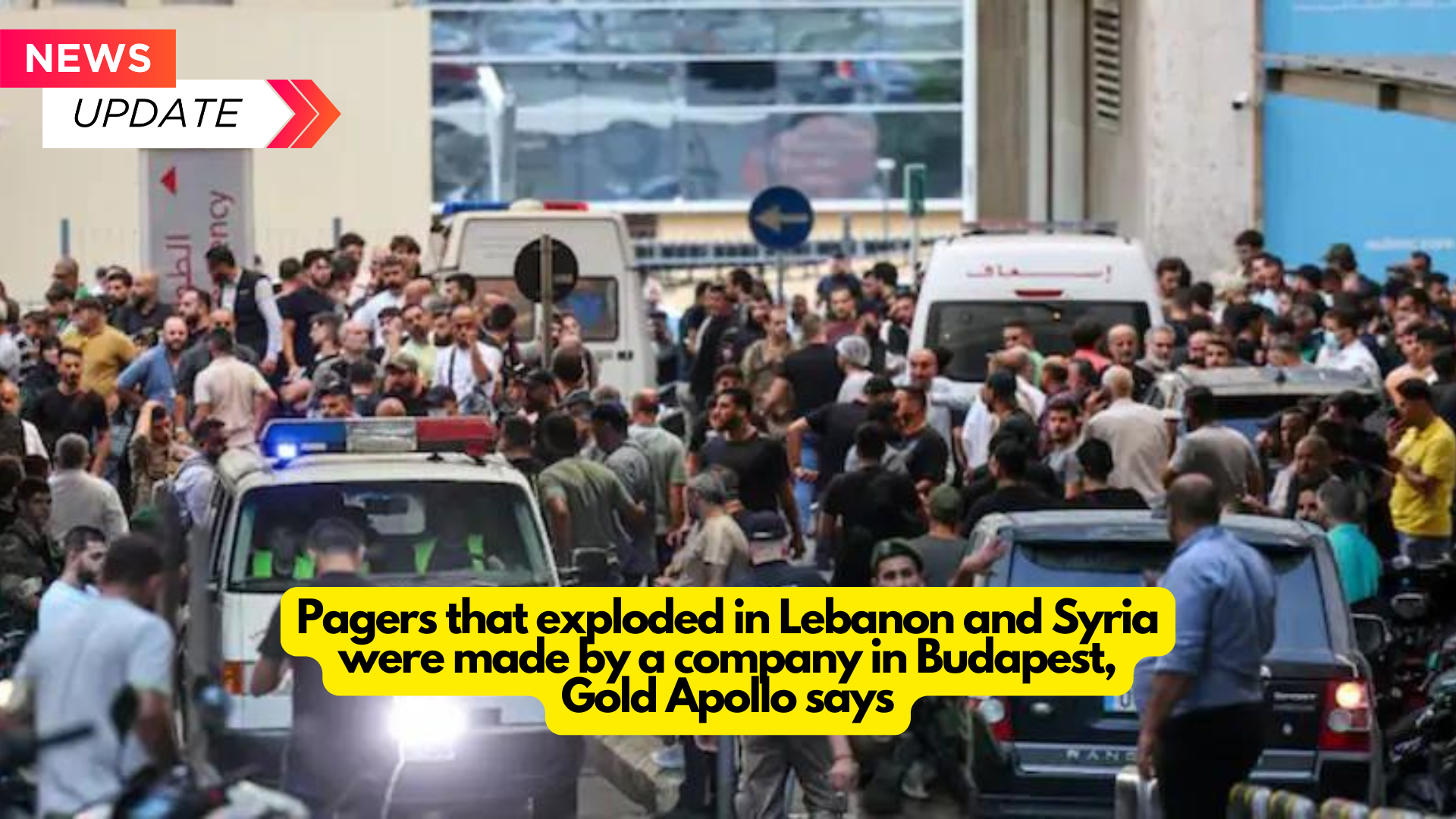Table of Contents
ToggleHassan Nasrallah, the head of Hezbollah, has warned Cyprus that if it aids Israel in strikes on Lebanon, it will be targeted.
On June 19, Hassan Nasrallah, the strong leader of the Lebanese group Hezbollah, threatened Cyprus that if it helped Israel strike Lebanon, it would be targeted.
Israel’s army says it has approved an attack on Lebanon aimed at Hezbollah, and the foreign minister says an announcement on whether Israel would go to war is forthcoming.
This happened after Hezbollah published footage purportedly obtained by one of its drones above the Israeli city of Haifa, demonstrating its capacity to sneak far into Israeli territory and posing an implied danger.
So, if Israel starts war on Lebanon, what would this entail for Cyprus? Here’s all you need to know.
Would Cyprus support Israel’s war on Lebanon?
Cyprus has always permitted Israel to use its airspace for air drills, but never during an active conflict, and it does not appear that Cyprus will start now.

Following Nasrallah’s ultimatum, Cyprus vowed that it would remain neutral and not participate in any conflict.
However, the United Kingdom maintains facilities in Cyprus, from which it conducts military activities in the region.
The UK allegedly utilized the locations to launch operations against the Houthis in Yemen. According to reports, the sites were also utilized to equip Israel in its conflict with Gaza and southern Lebanon.
“Cyprus’s declaration of neutrality can be viewed as a strategic win for Hezbollah,” said Imad Salamey, a political scientist at Lebanon American University.
“The EU’s response suggests a lack of support for an Israeli military campaign.”
“It reinforces Hezbollah’s deterrent position and contributes to a broader international refrain from supporting potential Israeli military actions,” Salamey told reporters.
What can Hezbollah do to scare Cyprus?
For starters, it has the capability to carry out its threat of hitting Israeli targets in Cyprus.
Amal Saad, author of Hizbu’llah: Politics and Religion, presented this possibility to Al Jazeera.
According to Saad, an assault would “devastate the economy of Cyprus.”
“There have, I think, been protests about this in the past from opposition politicians in Cyprus about how dangerous this policy [allowing its territory to be used in a conflict] is for its economy and security,” Saad advised.
Other analysts are less certain that Hezbollah will attack Cyprus owing to the regional consequences.
“I’m not sure what they can accomplish beyond disruption and clandestine operations.
[Hezbollah] realizes that striking Cyprus will draw in the EU and NATO,” said Maha Yahya, director of the Malcolm H. Kerr Carnegie Middle East Center, a research group.

Was Nasrallah saying this to terrify Cyprus?
Nasrallah’s heated statement may serve a purpose, even if Hezbollah does not follow through on its threats against Cyprus.
“[T]his speech is part of a psychological war and aims to send a clear message to Hezbollah’s adversaries that any Israeli attempt to widen the scope of the war and attack Lebanon would have major repercussions on all western allies of Israel, particularly regional allies,” said Karim Emile Bitar, an associate professor of international relations at Saint Joseph University in Beirut.
Salamey also stated that Hezbollah’s psychological warfare might compel the EU to persuade Israel not to broaden the scope of the combat in Lebanon.
“The hesitation of Israel’s allies, as indicated by Cyprus’s stance, might lead Israel to reconsider the risks and consequences of a broader war,” according to Salamey.
“This international isolation and the lack of coherent objectives for military engagement in Lebanon highlight Israel’s fragility.”
What else may Cyprus be concerned about?
Even if Cyprus is not drawn into a conflict, the administration is concerned about a probable flood of refugees—Lebanese and Syrians—to its borders.

In April, Cypriot President Nikos Christodoulides expressed alarm over the increasing number of Syrian migrants coming to the island’s coasts from Lebanon seeking shelter.
The European Union shares the concern about refugees, having recently stated that it would provide Lebanon with more than $1 billion in financial support. The majority of the funding is allocated to fight irregular migration.
Bitar of St. Joseph University believes that there is a “possibility” that Hezbollah might relax control over its exterior borders in order to encourage refugees to flee to Cyprus. However, he noted that the main concern for Cyprus and the area is that Hezbollah and Israel may inadvertently spark a conflict.
“We are living in a world where emotions are running extremely high and actors—on both sides of the border—are not necessarily [acting] rational,” he told reporters.
This is why I’m concerned that both parties, even if they haven’t openly decided to go to war, any misstep might open the gates of hell.”



